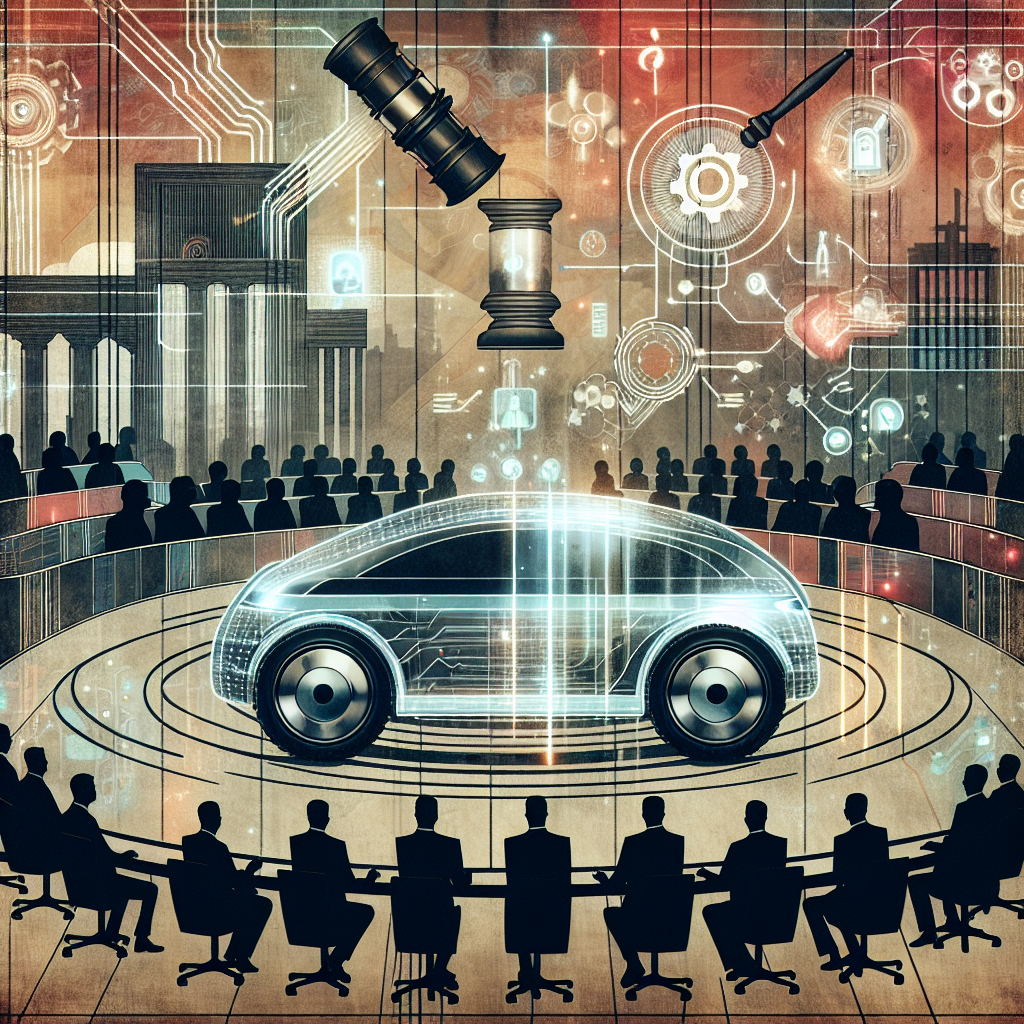Tesla Found Partly Liable in Florida Autopilot Trial: Implications for Government Contractors and Project Managers
A Florida jury recently awarded $200 million in punitive damages in a landmark case involving Tesla’s Autopilot technology. The decision marks one of the first major legal outcomes siding against Tesla in a driver assistance trial, signaling new accountability standards for advanced technology systems. This article dissects the case details, its broader implications for contractors and project managers operating in the government technology and transportation sectors, and what lessons can be drawn regarding risk management and compliance.
Case Overview: Tesla’s Liability and the Jury’s Verdict
Background of the Trial
The case stemmed from a fatal crash involving a Tesla vehicle operating with its Autopilot function engaged. The plaintiffs argued that Tesla inadequately warned users about the system’s limitations and failed to ethically market the technology as a fully autonomous solution. The jury ultimately held Tesla partly liable for the crash and awarded $10 million in compensatory damages alongside a staggering $200 million in punitive damages.
Significance of the Verdict
This verdict is a watershed moment for the legal status of driver-assist technologies. Until now, Tesla has successfully fended off numerous Autopilot-related lawsuits. A jury finding against Tesla sets a precedent that could shape future cases involving automated vehicles, not only across the private sector but also in government contracts and deployments involving smart technologies.
Implications for Federal and Maryland State Contractors
Risk Allocation in Technology Deployment
Contractors engaging with government agencies—particularly in areas involving AI, automation, or public safety applications—must prioritize clearly defined liability clauses in their contracts. As public authorities look to deploy smart city transportation systems, any embedded technologies must meet rigorous safety and ethical standards.
From project management and procurement points of view, the Tesla case underscores the complexities of implementing cutting-edge systems that could affect human safety. Proper allocation of legal, operational, and technical responsibilities within Statements of Work (SoWs) and Performance Work Statements (PWSs) becomes critical.
Heightened Scrutiny from Oversight Entities
Whether they deal with Department of Defense (DoD) transportation systems, municipal transit projects in Maryland, or Federal Transit Authority (FTA) smart projects, contractors can expect increased scrutiny. Compliance frameworks such as the Federal Acquisition Regulation (FAR) and Maryland Procurement Law are likely to evolve in response to such high-profile cases. Vendors must conduct rigorous pre-implementation risk assessments and adopt standardized protocols like Failure Mode and Effects Analysis (FMEA) to safeguard against legal exposure.
Project Management Takeaways
Strengthening Risk Management Frameworks
Project managers operating in the public procurement sphere should enhance their risk response planning when AI or semi-autonomous systems are involved. This includes performing impact analysis under the knowledge area of “Project Risk Management” per the Project Management Body of Knowledge (PMBOK® Guide). A pro-active approach to identifying, analyzing, and controlling project risks can reduce liability exposure and improve stakeholder confidence.
Lessons in Ethical Marketing and Communication
The lawsuit highlighted potential discrepancies between Tesla’s marketing and the actual capabilities and limitations of its Autopilot system. This is a crucial cautionary tale for public vendors who may oversell pilot results or projected performance metrics for emerging tech.
For state and federal agency contractors, transparency in communication—both written and verbal—is not only a best practice but often a compliance requirement. Having documented operational disclosures, compliance checklists, and stakeholder communications plans aligned with PMI’s “Project Communications Management” processes is essential.
Quality Assurance and Continuous Testing
Project teams should adopt robust iterative testing models, particularly in agile or hybrid environments used by tech contractors. Regular validation, including user acceptance testing (UAT), can mitigate unintended outcomes. For accountability, Quality Audits should be planned in line with “Project Quality Management” knowledge areas to ensure user safety remains a central benchmark.
Conclusion: Navigating A New Era of Tech Accountability
The Tesla Autopilot verdict represents more than a single legal setback for a high-profile company—it establishes a legal milestone in the treatment of autonomous and semi-autonomous technology. For contractors, project managers, and procurement officers navigating federal and Maryland state technical deployments, this case is a forceful reminder of the growing legal and ethical expectations surrounding innovation. As technology continues to outpace regulation, the burden rests on public-sector vendors to embed proactive risk management, ethical marketing, and thorough compliance structures into their project frameworks. Those that adapt early and effectively will be in the strongest position to lead in this evolving landscape.#TeslaVerdict #AutopilotLiability #GovTechCompliance #RiskManagement #AIRegulation

